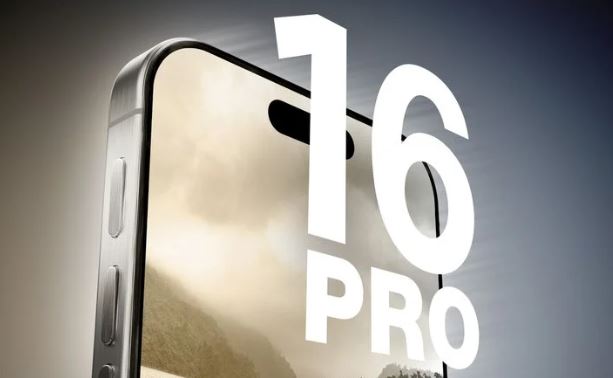The Super Bowl is not only the pinnacle of American sports, but it is also one of the biggest events in the betting world. Every year, millions of people wager on the outcome of the game, making it a thrilling experience for both fans and bettors alike. In recent years, however, one particular aspect of the Super Bowl has delivered an unexpected twist for the betting public – over time.
The Rise of Overtime in the Super Bowl
In the past, the Super Bowl rarely went into overtime. It was a highly unusual occurrence that left many bettors unprepared for the possibility. However, in recent years, that trend has shifted significantly.
One example of this was the Super Bowl LI matchup between the New England Patriots and the Atlanta Falcons in 2017. The Falcons held a commanding 28-3 lead in the third quarter, leaving many bettors confident in their wagers. However, the Patriots mounted an incredible comeback, not only tying the game but forcing it into overtime. This unexpected turn of events left many bettors scrambling to readjust their bets or hoping for a miraculous outcome.
The Impact on Betting Public
Overtime in the Super Bowl can significantly impact the betting public. It introduces a new layer of uncertainty and volatility to the game, creating a high-stakes environment for bettors. The additional playing time gives teams more opportunities to score, which can lead to big swings in the point spread and the over/under totals.
For example, if a bettor had placed a bet on the Patriots to win with a point spread of -3, and the game goes into overtime, their wager is still alive. If the Patriots then win by a touchdown, the bettor would not only cover the spread but also win their bet. On the other hand, if the Falcons had managed to secure an overtime victory, the bettor who had wagered on the Patriots would have lost their bet.
Adjusting Strategies to Account for Overtime
In light of the increasing possibility of overtime in the Super Bowl, bettors have had to adjust their strategies to account for this potential outcome. One popular approach is to hedge bets or cash out early during overtime. This allows bettors to minimize their potential losses or secure a guaranteed profit as the game progresses.
Another strategy is to focus on in-play betting during overtime. This form of betting allows bettors to place wagers on live events as they happen. By closely following the game and analyzing the momentum and performance of the teams, bettors can make more informed decisions and take advantage of the fluctuations in odds during overtime.
The Future of Super Bowl Betting
As overtime becomes more common in the Super Bowl, it will continue to be a critical factor for the betting public. Bettors will need to stay alert and adapt their strategies to navigate the unpredictable nature of the game. Additionally, bookmakers must adjust their offerings and odds to accommodate this new reality, ensuring that the betting experience remains exciting and fair for everyone involved.
Conclusion
Super Bowl overtime has become a significant game-changer for the betting public. It introduces a heightened level of uncertainty and volatility, creating dramatic swings in the point spread and over/under totals. Bettors must adjust their strategies to account for this potential outcome, whether through hedging bets or in-play betting during overtime. As the Super Bowl continues to evolve, so too will the strategies and experiences of the betting public. So buckle up, place your bets, and get ready for the thrilling unpredictability that Super Bowl overtime brings.






